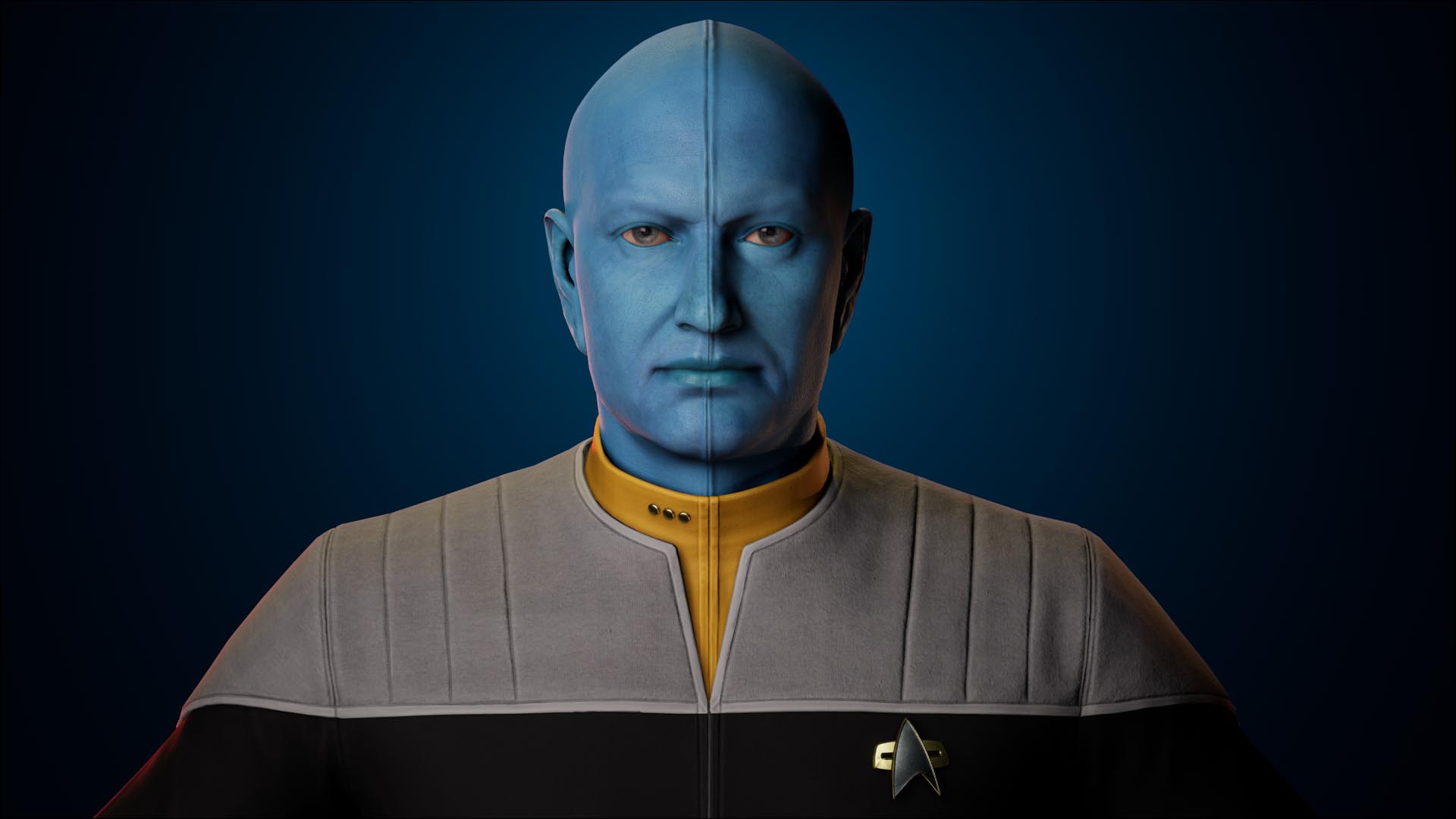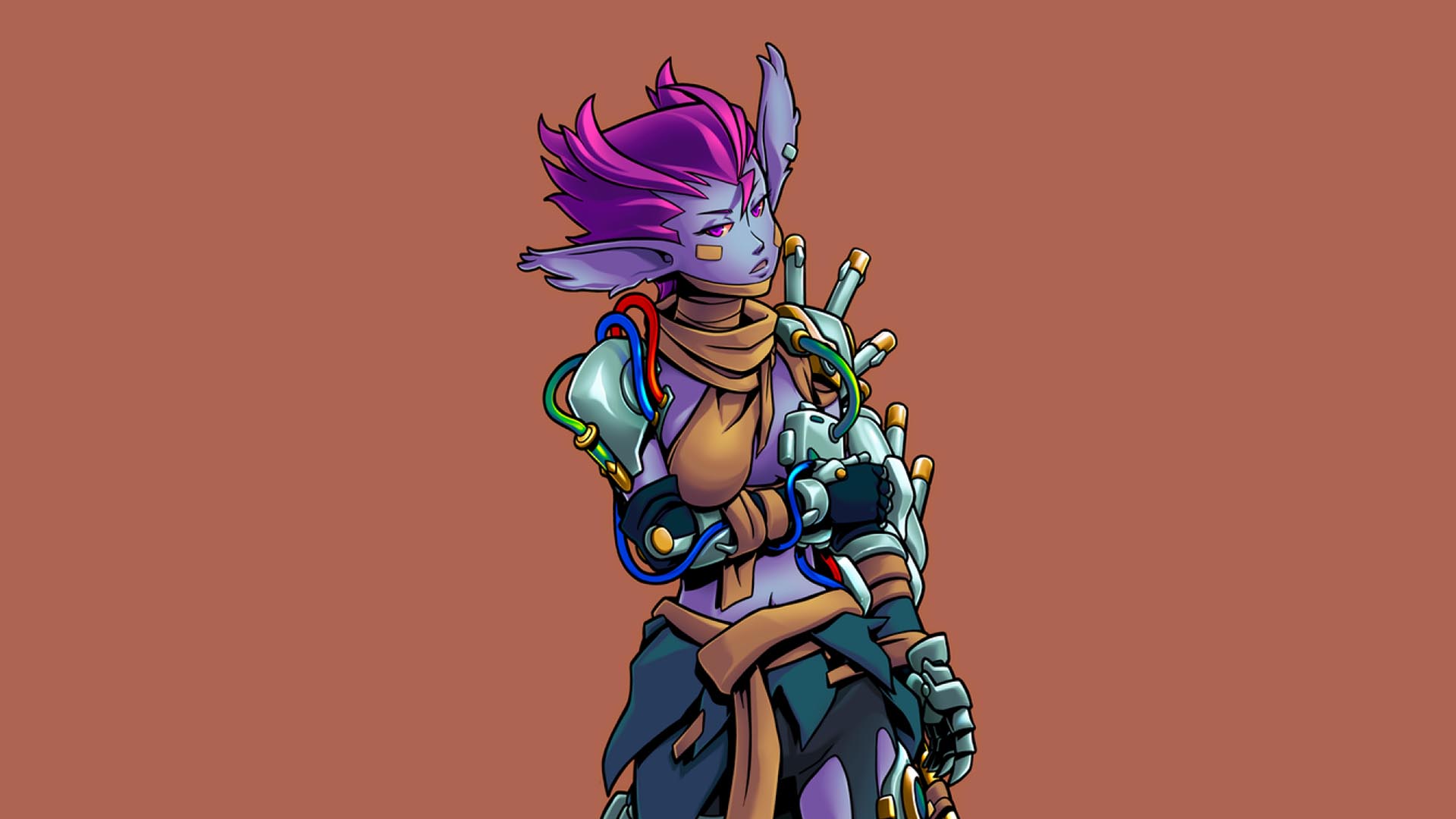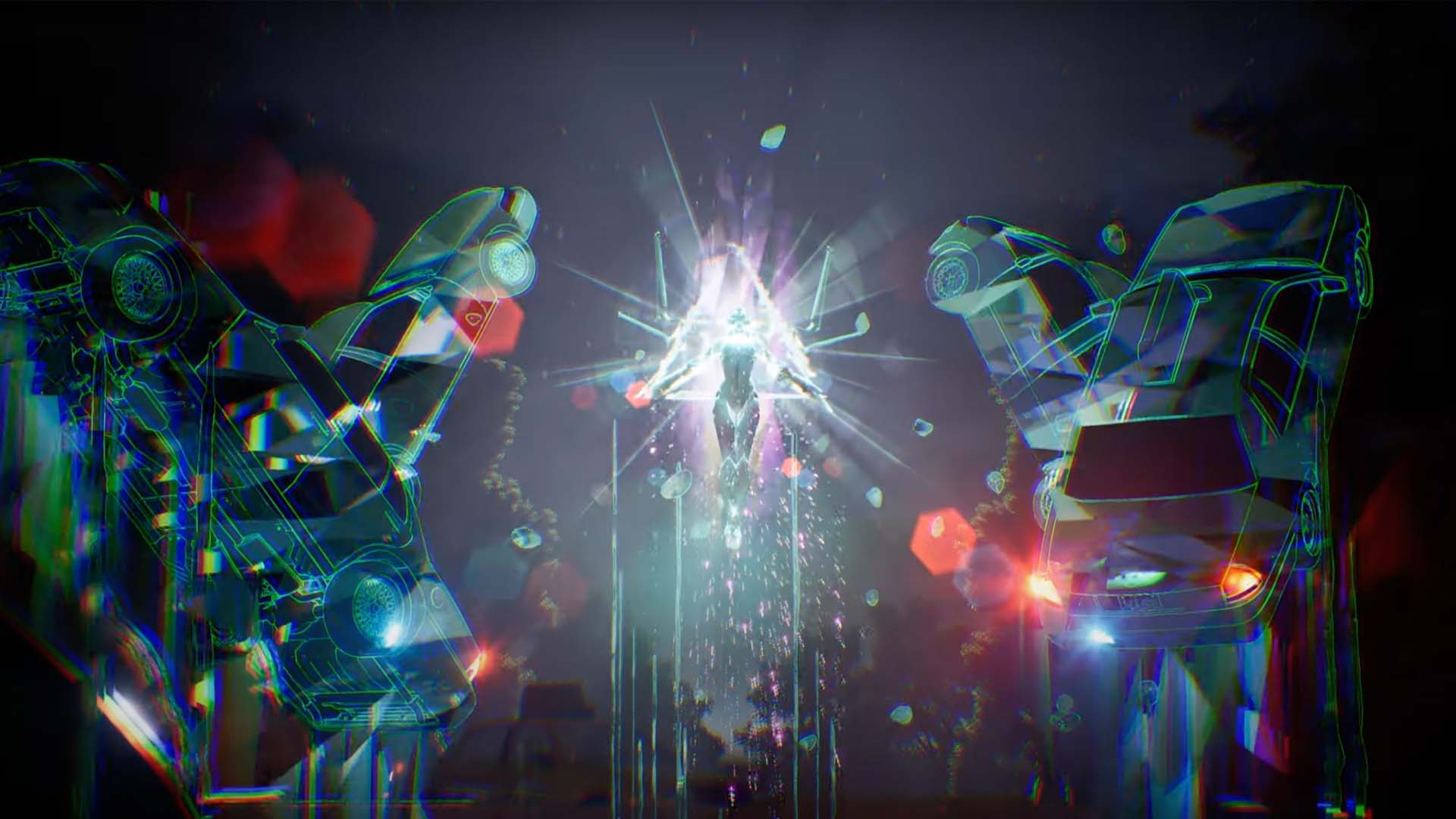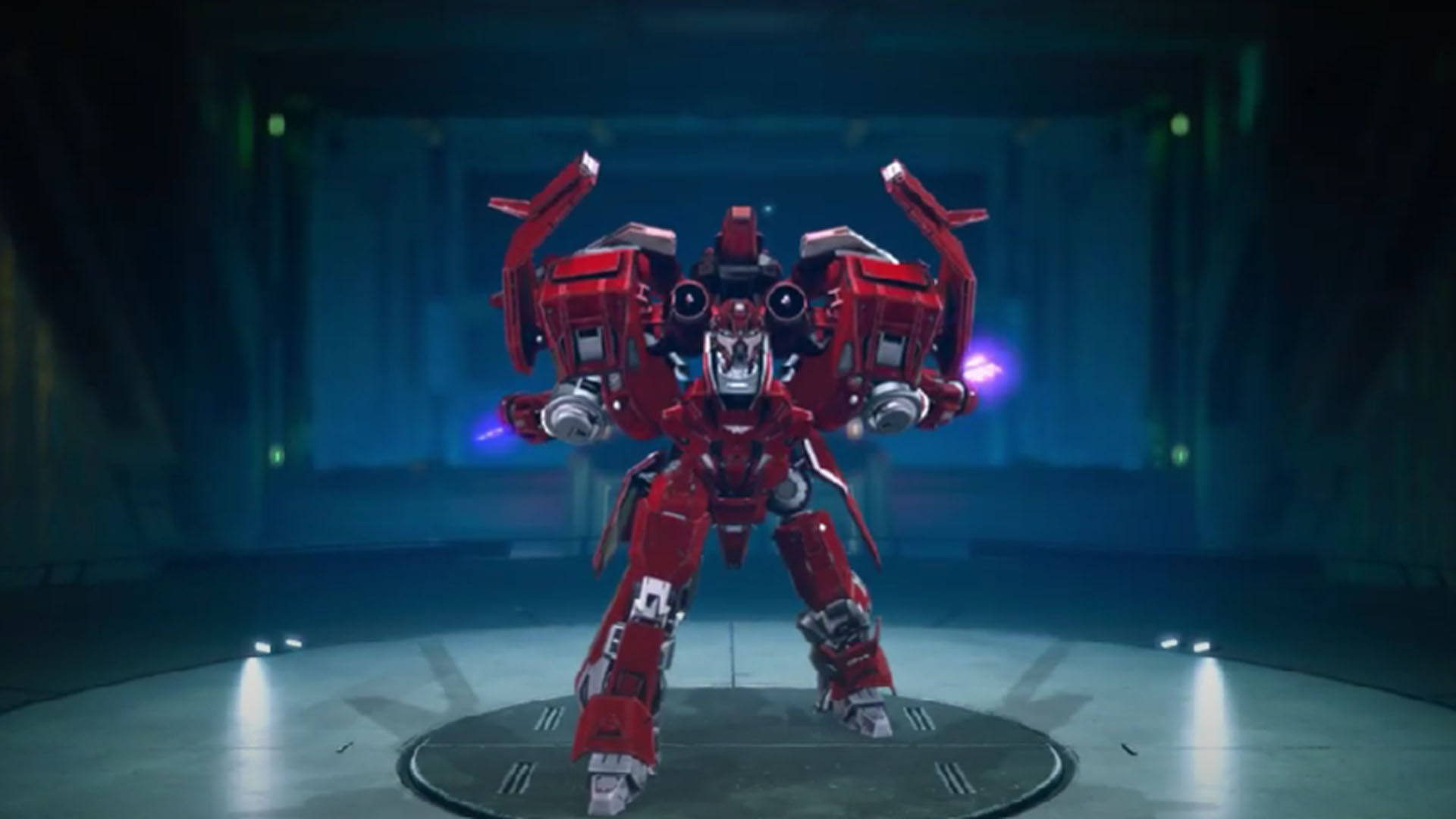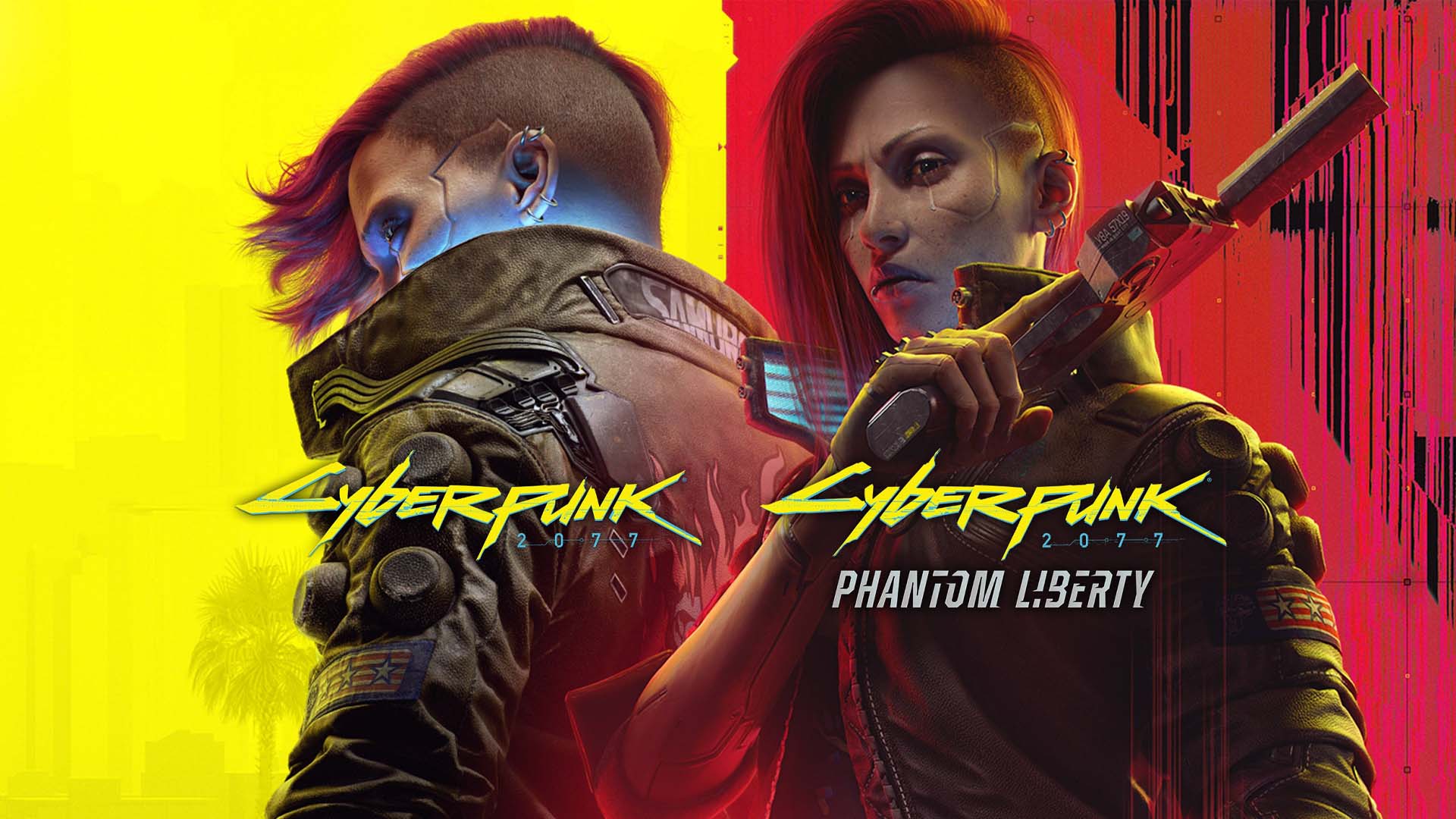AI game development is transforming how modern video games are created. It uses artificial intelligence and machine learning to enhance nearly every stage of the development pipeline—from NPC behavior and procedural generation to testing and art asset creation.
By incorporating AI, developers can speed up production, reduce repetitive tasks, and unlock new creative workflows that would be too complex or time-consuming using traditional methods alone. With the right implementation, AI becomes a powerful co-creator, not just a support tool.
At Magic Media, we’re committed to pushing the boundaries of innovation. Our team has been actively working with AI tools to understand their strengths, limitations, and real-world use cases. From procedural content and game art to narrative systems and quality assurance, we’ve tested how AI fits into both indie pipelines and large-scale productions.
But how exactly are these tools being used in practice? What kind of problems can they solve for game developers? And one of the most common questions we hear: will AI ever replace human game creators? In this blog, we’ll answer those questions, explore the most impactful use cases, and help clarify the reality versus the hype surrounding AI game development in 2025.
As AI tools continue to evolve, we’re likely to see even more integration across game design, storytelling, and gameplay systems. Whether you’re building a small mobile title or a massive open-world RPG, understanding and adapting to AI game development technologies is no longer optional—it’s essential for staying competitive and relevant in a rapidly shifting industry.
According to Unreal Engine’s recent updates, AI tools are being directly embedded into major game engines to simplify animation, narrative scripting, and level design.
Whether you’re exploring AI game development to streamline your pipeline or to innovate gameplay mechanics, the opportunities in 2025 are more exciting than ever.
What are the Uses of AI in Game Development?
Currently, the potential of AI for game developers is still being explored. However, several strong applications and uses for these tools have already emerged.
Living NPCs
AI text generation enables Non-Player Characters (NPCs) to respond fluidly to player inquiries and questions. In open-world games like Skyrim, a closed set of information can be provided to groups of NPCs, allowing players to seamlessly gather information through in-game characters. Imagine quests, rumors, and world knowledge being communicated to players via the characters that populate the game world.
Assisting Procedural Content Generation
Procedural generation of levels, quests, and events isn’t new to game development. However, the inclusion of AI introduces vast potential. Traditional procedural generation can sometimes produce nonsensical or irregular patterns. With refined AI techniques, we anticipate significant advancements in procedurally generated content.
Building Basic Art and Assets
AI-generated art is a complex topic. Nonetheless, our artists have found AI art to be efficient as a reference, inspiration, or starting point for their own creations. Incorporating AI into the game development pipeline enhances efficiency and provides a quick source of inspiration.
Narrative Assistance and Overcoming Writer’s Block
Similarly, AI’s role in creative and functional writing is multifaceted. For those who view it as a tool to assist existing writers, we’ve discovered it to be invaluable in overcoming creative blocks and facilitating efficient narrative design.
Assisting in Quality Assurance (QA)
Comprehensive, end-to-end quality assurance is essential in game development. AI tools can significantly support QA teams in these labor-intensive and often repetitive tasks, enhancing the overall QA process.
Will AI Game Development Replace Game Developers?
As we observe the ongoing development of AI tools, our conclusion is clear: no, AI will not replace game developers. While these tools are impressive and offer a wide range of applications, they remain rudimentary without the expertise and creativity of skilled professionals.
AI game development is still led by human developers. Our game developers, artists, programmers, QA engineers, and more are at the forefront of these efforts. We believe that AI reaches its full potential when utilized by those who understand the intricacies of game creation.
In the hands of seasoned professionals, AI tools serve as sources of inspiration, facilitate efficient ideation, and push the boundaries of existing workflows and game mechanics. Even in areas where AI excels, such as QA, the human element remains indispensable. At Magic Media, we view AI in game development as another tool in our arsenal—one to be used judiciously, explored for its capabilities, and applied effectively, rather than as a one-size-fits-all solution.
From full-cycle game development and co-development, to game VFX, game art, video production, and more, we offer a one-stop studio of services for your needs. We’re always exploring new tools and technologies like AI game development, so get in touch today and let’s create magic.

